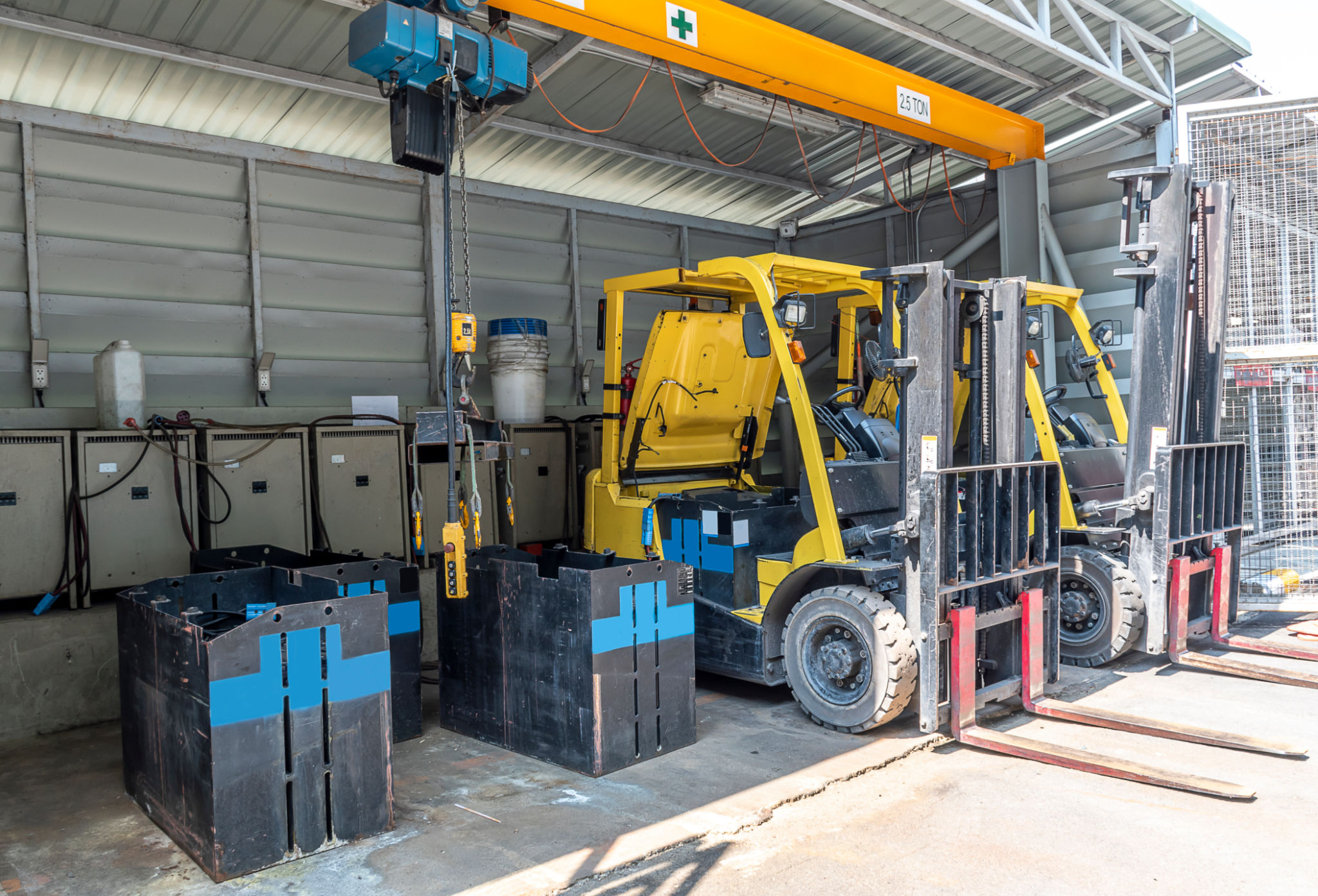How Lithium Forklift Technology is Transforming the Material Handling Industry
Introduction to Lithium Forklift Technology
The material handling industry is witnessing a significant transformation with the advent of lithium forklift technology. As businesses seek more efficient, sustainable, and cost-effective solutions, lithium-ion powered forklifts are emerging as a game-changer. This technology not only streamlines operations but also offers a host of environmental benefits.

Benefits of Lithium-Ion Batteries
Lithium-ion batteries provide numerous advantages over traditional lead-acid batteries used in forklifts. One of the most notable benefits is their longer lifespan, which reduces the frequency of replacements and associated costs. Moreover, lithium batteries charge faster, minimizing downtime and enhancing productivity.
Additionally, lithium-ion batteries are maintenance-free, eliminating the need for regular water refills and the potential hazards associated with acid spills. This feature makes them particularly appealing to businesses aiming to improve workplace safety and reduce maintenance-related expenses.
Environmental Impact
Switching to lithium-ion technology also contributes to environmental sustainability. These batteries are more energy-efficient, offering higher energy density and longer run times. This efficiency translates to reduced energy consumption and a lower carbon footprint. Furthermore, lithium-ion batteries are recyclable, aligning with global efforts to minimize waste.

Operational Efficiency and Cost Savings
In addition to environmental benefits, lithium forklift technology significantly boosts operational efficiency. The quick charging capability allows for opportunity charging during breaks, eliminating the need for battery swaps and reducing labor costs. This feature is particularly advantageous in high-demand environments where every minute counts.
The initial investment in lithium-ion forklifts may be higher than traditional options, but the long-term cost savings are substantial. Reduced maintenance expenses, lower energy bills, and extended battery life contribute to a lower total cost of ownership.
Enhanced Performance
Lithium-ion forklifts offer enhanced performance that can handle rigorous material handling tasks with ease. Their consistent power output ensures that forklifts maintain optimal performance levels even as the battery discharges, unlike lead-acid batteries which can experience a drop in power.

Case Studies and Industry Adoption
Many industries have already begun adopting lithium forklift technology, with positive outcomes reported across various sectors. For instance, companies in logistics and warehousing have experienced improved productivity and lower operational costs. Retailers and manufacturers are also benefiting from streamlined operations and enhanced sustainability profiles.
Case studies highlighting these successes serve as compelling evidence for businesses considering the switch to lithium-ion technology. As more companies share their experiences, the material handling industry is likely to see accelerated adoption of this innovative solution.
Future Outlook
The future of material handling is undoubtedly tied to advancements in battery technology. As research continues to improve lithium-ion efficiency and reduce costs further, the adoption rate is expected to increase. This shift not only promises better business outcomes but also aligns with global sustainability goals.
In conclusion, lithium forklift technology is revolutionizing the material handling industry by offering a blend of efficiency, sustainability, and cost-effectiveness. As more businesses recognize its benefits, lithium-ion powered forklifts are poised to become the standard in material handling equipment.
